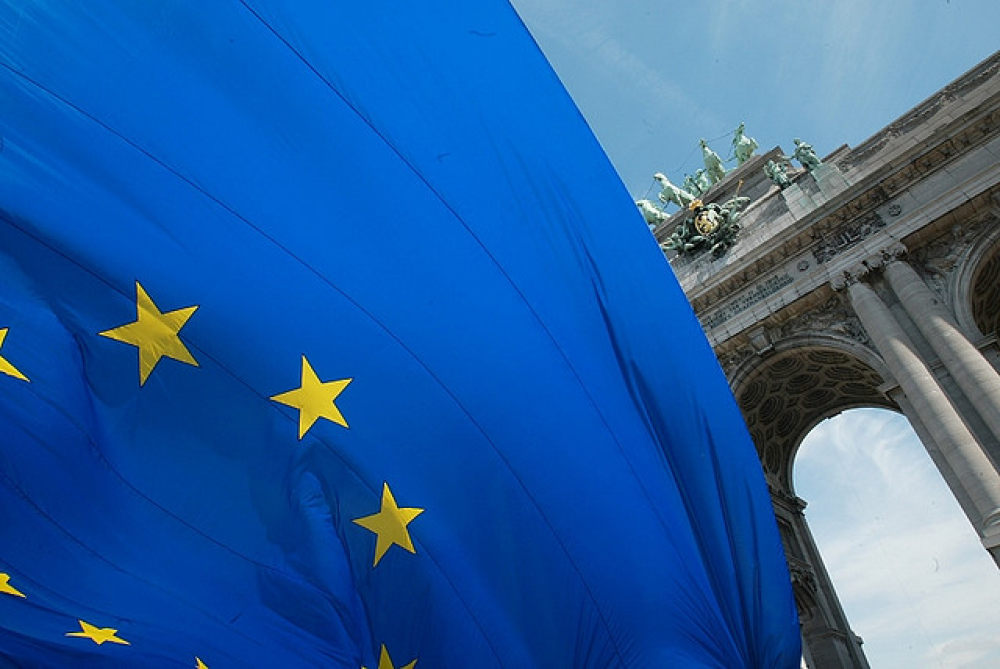Top Ten Things you Havenât Considered About Doing Business in Europe
31 Mar 2015

If you’re a company based outside of the European Union, you’ll know that the European market is a highly lucrative opportunity for many businesses. With stronger currency rates than the US, many companies would like to break into Europe. Here are the Top Ten Things you may not have thought about doing Business in Europe.
ONE: USE A DEVELOPMENT SERVICE
You have the skills and business experience; you have a successful product or service to provide to the European business market. You’re considering doing business in Europe, but you need local knowledge, a company that can assist you with starting and promoting your business in the United Kingdom and Europe. By using a development service, you can take many of the headaches and unpleasant surprises out of doing business in Europe.
TWO: GET THE GUIDE
Every year, the European Union’s US Mission Staff produce the EU Country Commercial Guide. This guide offers sound advice on each country in the European Union and details economic conditions, trends, political climate and foreign business investments. If you want to do business in Europe, you will need local knowledge, but before you do anything else, get the guide.
THREE: FIVE HUNDRED MILLION CONSUMERS
The area covered by the European Union is made up of 500 million consumers. That’s FIVE HUNDRED MILLION potential customers that are spread over 27 countries. Which company wouldn’t want to invest in such a potential lucrative market? In the UK alone, there are 60.7 million people, spread throughout the four nations of Great Britain and Northern Ireland, many of who could benefit from your product or service. Businesses such as US company Ring Central are already providing business phone services to customers in the UK in partnership with BT, why shouldn’t your company benefit from this market too?
FOUR: OUTSOURCE
For a fraction of the cost of moving your business to the UK or Europe, you can outsource some of your business needs to a local company, with a national reputation. Look for a company that has worked with other respected international companies such as Microsoft or another big corporation. Spend more time and money on developing your business and confidently outsource to a company that can provide offices, infrastructure and services to you without ever leaving your own country!
FIVE: THE LAW
It’s vital to ensure that you are compliant with European Laws from the start. If you’re an overseas company doing business in the Europe, you will be legally responsible for compliance with various laws such as Civil Law and EU Law (think of it like the difference between State Law and Federal Law), Intellectual Property, Privacy, Competition and Liability Laws. Seek advice to stay on the right side of the law.
SIX: THE NUMBER 27
The European Union is currently made up of 27 member states. There are 27 different countries in which to invest or offer your products and services. Each country has its own unique business openings, tax advantages and foreign investment provision. Pay rates in countries such as the UK or Estonia will make a difference to your costs. Dealing with a EU member country (rather than just a country in geographic Europe) has many legal implications but also opportunities and safeguards. At intervals, other European countries are considered for entry into the EU. However, there are strict rules and regulations and not all countries make the grade. Turkey, for instance, has been trying for many to gain access to the EU but whilst it has improved its position, its entrance does not look to be granted any time soon.
SEVEN: LANGUAGE
If you’re a native English speaker and wish to do business in the UK, the minor language differences will be pleasantly amusing and won’t trouble you too much. However, if you’re working in France, Greece, Poland or Latvia, you may find that you have the requirement to do business in another language. Don’t forget to factor in the cost of language tuition for your staff, translation services and interpreters. Don’t expect these countries to all do business in English or your own language, many Europeans are proud of their ability to converse in English but would still expect you to speak their language too!
EIGHT: 2012 OLYMPIC GAMES
In a hard fought battle against its competitors, London won the right to host the 2012 Olympic Games. The Olympics will bring billions of pounds in revenue into Europe, particularly the UK and during the run up to the games, the UK will spend millions on goods and services. This is the perfect time to offer your company’s services as supplier or as sponsor. The international exposure of the Olympic Games is second to none.
NINE: FINANCE MATTERS
There are some economic considerations that you may wish to consider before doing business in Europe. In the United Kingdom for instance, there is a minimum wage of which differs depending upon the age of the employee. Furthermore, you must register your business for VAT (Value Added Tax) for all taxable goods and services amounting to more than £64,000 in a year. Companies that are not headquartered in the UK receive VAT advantages. Different parts of Europe have different regulations, its important to check with an expert to get the most up to date information. Don’t forget that some EU member states use their own currency (such as the UK) whereas others have agreed on using a unified European currency known as the EURO.
TEN: ETIQUETTE
Don’t forget that Europe has some very different social conventions from other countries. In Europe, the style of dress and your personal demeanour can make all the difference to how you are received by potential clients, suppliers and employees. What’s acceptable in one country isn’t always the done thing in another. In some parts of the world addressing someone by their first name is considered friendly and comfortable, whereas in others, it is considered presumptuous and rude. Ensure that you and your staff are knowledgeable about European business etiquette.
No matter the size of your business, large or small, Virtual Sales has experience of offering independent European business development opportunities to companies from outside the EU. For further information and to contact a member of our European Business Development team contact.








Please login to comment.
Comments